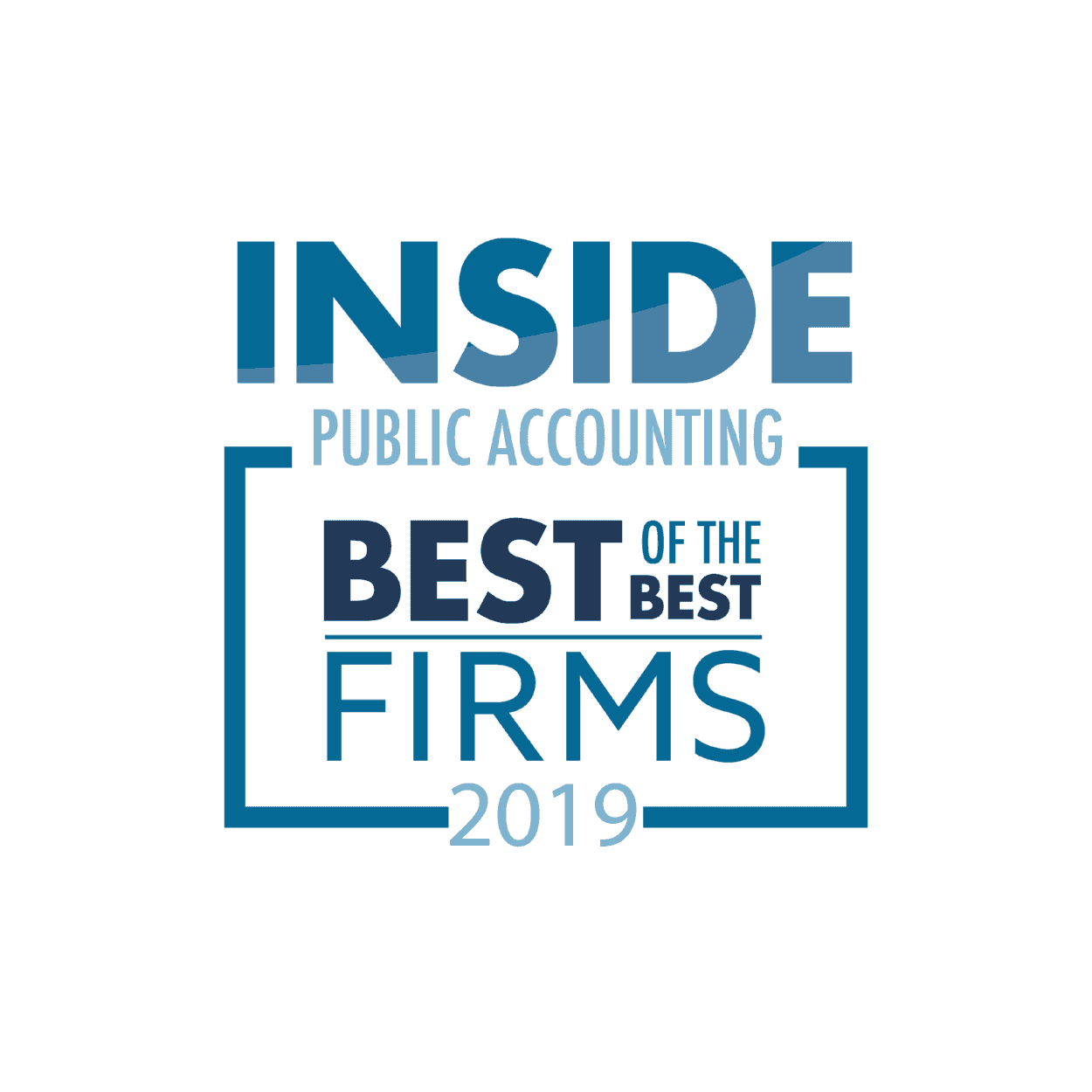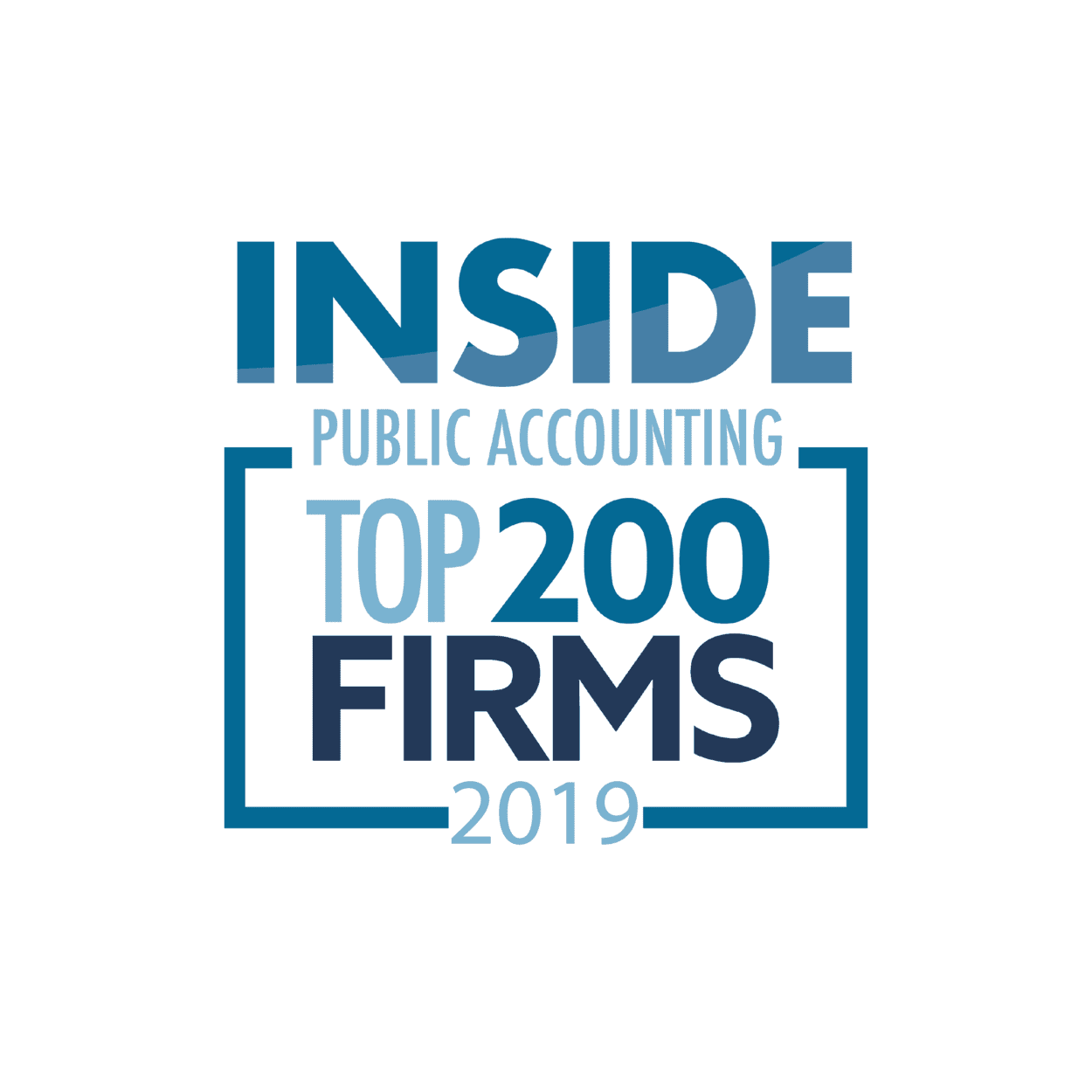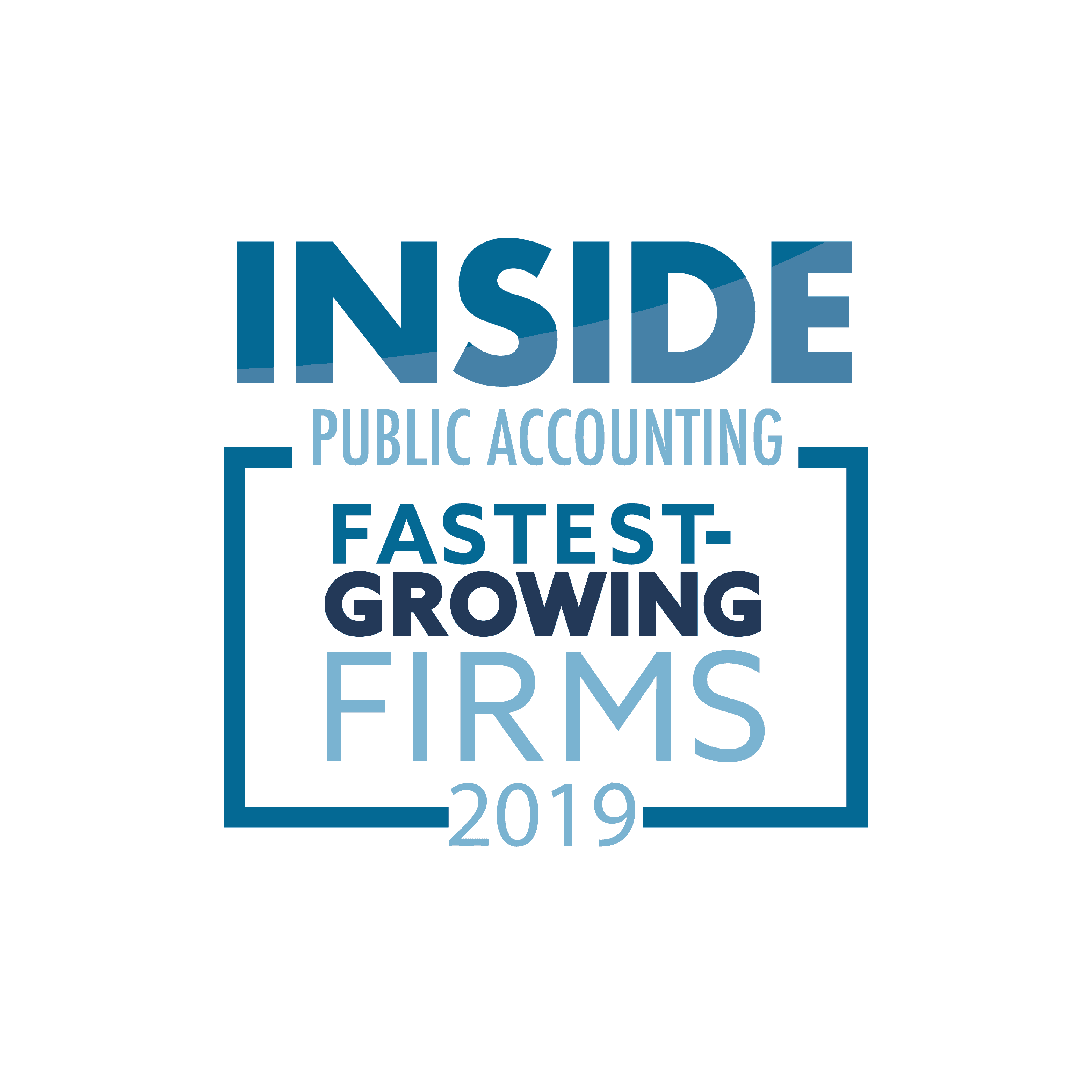On March 11, 2020, President Biden signed into law the 628-page American Rescue Plan Act (ARPA), which includes a host of benefits for individuals and businesses. Included within the ARPA is the Restaurant Revitalization Fund (RRF), which will provide much-needed relief for the restaurant industry. The following list includes key provisions of the RRF:
- $28.6 billion tax-free grant program that will be available to restaurants and other food/drink service businesses (eligible businesses) that have been impacted by COVID-19-related restrictions and shutdowns.
- Businesses eligible for the grant program include restaurants, bars and similar food / drink serving establishments that have no more than 20 locations (as of March 13, 2020), have not received a grant under the Shuttered Venue Operations program (SVO Grant) and are not publicly traded companies.
- $5 billion of the fund is earmarked for eligible businesses that had no more than $500,000 of gross receipts in 2019.
- During the initial 21-day period of the program, funding will be prioritized for businesses controlled by women, veterans, and other socially and economically disadvantaged small businesses.
- Grants are awarded in the order in which applications are received.
- Grants will be issued to applicants who must certify that the current economic conditions make the grant necessary to support ongoing operations.
- Grants will be awarded based on pandemic-related revenue loss (capped at $10 million per eligible business and $5 million per physical location). Pandemic-related revenue loss is calculated as:
- Businesses that were in operation during the entirety of 2019 will calculate by subtracting 2020 gross receipts from 2019 gross receipts.
- Businesses that were not in operation for the entirety of 2019 will subtract 2020 gross receipts from 12 times the average 2019 monthly gross receipts.
- Businesses that were not in operation in 2019 will subtract “eligible expenses” from 2020 gross receipts.
- The pandemic-related revenue loss is reduced by any amount received from a Paycheck Protection Program (PPP) loan in 2020 or 2021.
- Businesses that receive grants may use the funds for qualified expenses incurred from February 15, 2020, to December 31, 2021.
- Eligible expenses include items such as payroll, employee benefits and paid sick leave, rent, utilities, mortgage obligations, supplies (including PPE and cleaning materials), and construction costs for outdoor seating.
Due to the ongoing economic uncertainly and limited funding, we encourage qualifying restaurants to act quickly. If you have questions about how to apply for the RRF, our Restaurant practice leaders can help. Contact us for more information.
Jonathan Levens, CPA, is a Partner with Moore Colson’s Tax Services practice. Jonathan’s primary focus is on tax compliance and consulting services for private equity-owned as well as closely-held businesses and their owners in the manufacturing and distribution, retail, service, restaurant, healthcare, staffing and financial services industries.

Joe Wright, CPA, is a Director in the Tax Services practice. In this role, Joe’s primary focus is on tax compliance and planning services for closely-held businesses and their owners. Joe works with clients in the construction, real estate, transportation, hospitality and manufacturing industries.
Elizabeth Michaels is an Associate in the Tax Services practice at Moore Colson. Elizabeth has a Master’s Degree in Tax Accounting from the University of Alabama, and she enjoys researching and analyzing current tax issues to determine client impact.









0 Comments